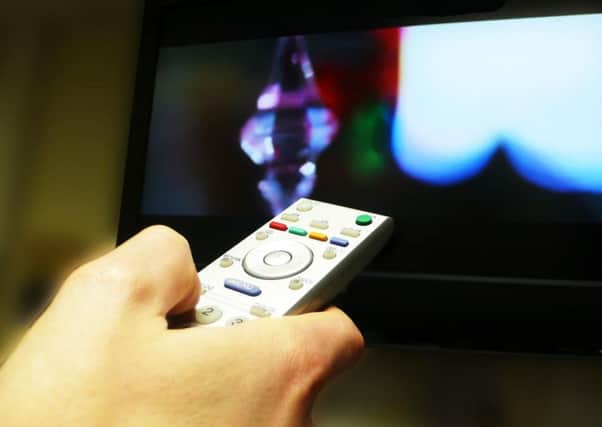Hers's why closing the iPlayer licence loophole may break your Smart TV


Here’s why: In the future, it will be necessary to “verify” that you have a licence before you can access the iPlayer. It’s an extra security step easily implemented on websites but impossible on some of the ready-made apps built into today’s smart TVs.
The BBC already has form for killing off inbuilt functions on TVs and set-top boxes. In 2014 it “retired” a first generation of iPlayer apps, leaving previously connected devices without access. And just last month it It announced that thousands of Freesat devices would suffer the same fate because their “legacy” apps were no longer sustainable.
Advertisement
Hide AdAdvertisement
Hide AdMany TVs on the market at the moment, including cheap supermarket models, are sold as iPlayer compatible, but they come with no guarantee of future-proofing, and are unlikely to work as intended once the new security measures are implemented.
The government has so far provided scant detail on how and when the new specification will be introduced - and with such little clarity, it’s not an ideal time to be stumping up for a Smart telly.
There are other reasons, too: some of the sets currently on the shelves are less smart than they think, touting cheap-to-provide services like Facebook and Twitter, which are not designed for large-screen viewing at all. Netflix and YouTube are usually included, but often not the ITV and Channel 4 catch-up services.
Furthermore, some manufacturers omit to build in wi-fi connectivity, which means either running a network cable to the back of your set or paying extra for a wireless adapter.
Advertisement
Hide AdAdvertisement
Hide AdSmart TVs cost up to £100 more than equivalent models without network connections, but for far less outlay you can have a separate smart box that is better connected and more likely to survive the sands of shifting governmental policies, since they can receive “over the air” software updates from their manufacturers.
The three most popular smart devices this year are Amazon’s Fire TV Stick at £35; Google’s Chromecast at £30, and Sky’s Now TV box at only £15. All are available on the high street and none require an ongoing subscription, though they will unlock extra content if you do want to pay.
The Raspberry Pi mini-computer is another option, if you don’t mind tinkering. A mere £32 buys you a complete media player that also doubles as a low-power PC for unlimited other uses. You can use your phone to control it and a USB cable to power it, but even with dedicated accessories it’s still well under £50.
Whichever smart option you choose, check that all the services you plan to watch are included; the Now TV box, for instance, does not come with Netflix since Sky considers it a rival. Chromecast uses your mobile phone as its remote control, so check first that yours is compatible. And if your TV is hooked up to your hi-fi speakers, don’t miss out on Spotify.
Technology is a fast-changing landscape, with obsolescence built into nearly everything - but these devices will at least help you avoid goods which government policy has rendered dead on arrival.